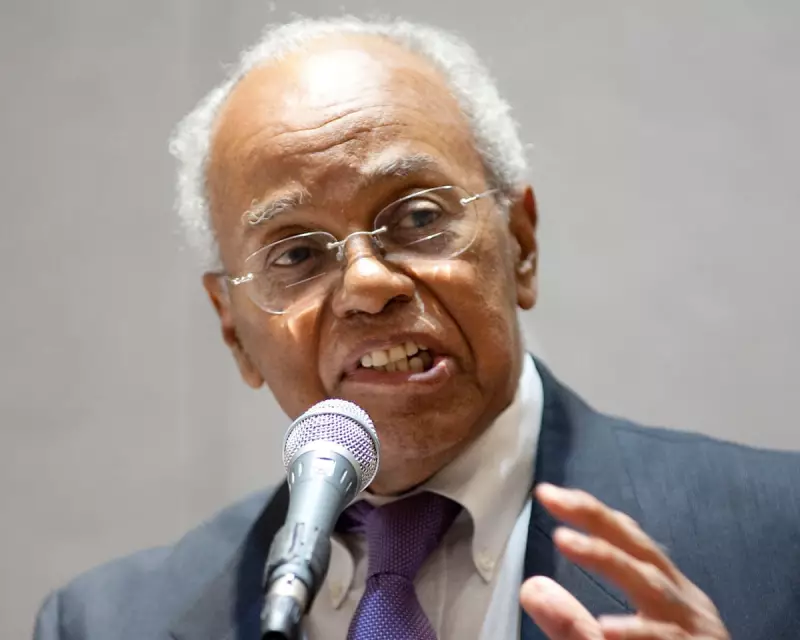
The American civil rights movement has lost one of its most pivotal figures. Joseph McNeil, who as a young university student helped spark a nationwide wave of non-violent protests against racial segregation, has died at the age of 83.
The Day That Changed History
On February 1st, 1960, McNeil and three fellow students from the North Carolina Agricultural and Technical State University—Franklin McCain, Ezell Blair Jr. (later Jibreel Khazan), and David Richmond—walked into a Woolworth's store in Greensboro, North Carolina. They took seats at the 'whites-only' lunch counter and politely requested service.
Their simple, courageous act of defiance, refused service but refusing to leave, created a blueprint for peaceful resistance. Their protest did not end that day; they returned day after day, their numbers swelling with hundreds of supporters, until the store finally relented and began serving Black customers months later.
Igniting a National Movement
The actions of the 'Greensboro Four' became a catalyst. Their peaceful sit-in tactic spread like wildfire across the American South, inspiring thousands of students to stage similar protests in dozens of cities. This organised, youth-led movement applied unprecedented pressure on businesses to abandon segregationist policies and became a defining chapter in the struggle for civil rights.
McNeil's commitment to justice extended far beyond that February day. After graduating with a degree in engineering physics, he enjoyed a distinguished career in the United States Air Force, rising to the rank of Major General. He served as the Air Force's director of maintenance and later worked in the financial services sector, but he never shied away from his legacy as a catalyst for change.
A Legacy of Courage and Dignity
McNeil is survived by his wife, five children, and numerous grandchildren. His family confirmed his passing, stating he died peacefully. Tributes have poured in from civil rights leaders, historians, and public officials, all honouring a man whose quiet strength helped dismantle institutionalised racism.
His story remains a powerful testament to how the courage of a few can inspire the many. The Woolworth's lunch counter where he made his stand is now preserved at the Smithsonian's National Museum of American History, a permanent monument to a moment that helped redefine a nation.





